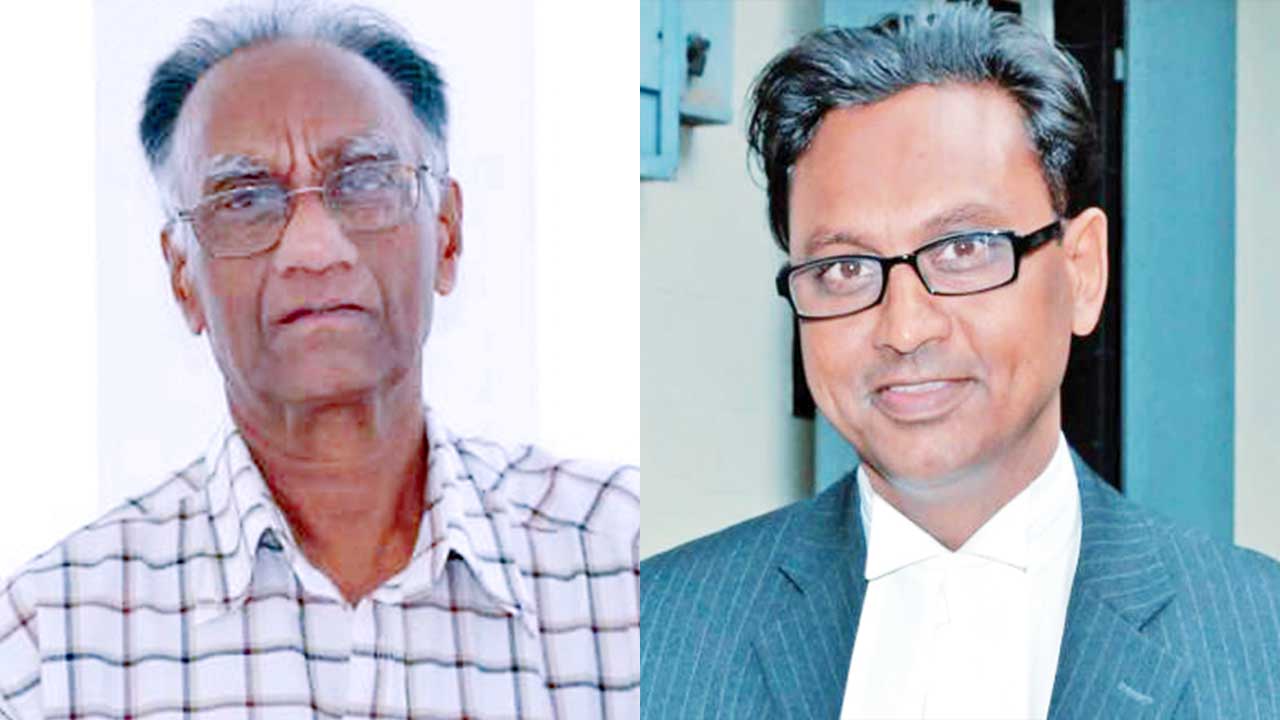
A highly debatable and controversial issue in Mauritius over the past few years has been whether, when a person occupying an important position is subjected to a police inquiry, he should resign from his post or not. In our debate page this week, Barrister Ravi Rutna explains that, until proven guilty, a professional cannot be dismissed or asked to resign from his function, while Pitch Venkatasawmy of ‘Think Mauritius’ believes the contrary.
 Pitch Venkatasawmy: “It would be wise to step down”
Pitch Venkatasawmy: “It would be wise to step down”
Pitch Venkatasawmy argues that it is impossible to give a “one size fits all” answer to this question. “Each situation is different and it is necessary to look at all the aspects of the question before taking a decision. One has to be fair to all while protecting the interests of the customers, the public and the nation as is relevant. Let us take an example to make things clear. If a banker is accused of beating his wife, however reprehensible that act is, it does put in doubt his suitability to function as a banker. If, however, he is accused of fraud or money laundering, leaving him to continue to exercise his functions represents a potential danger to customers or to the bank; in this case, it would be wise to ask him to step down.”
He believes that one has to take into account that it is possible for anybody to level an accusation against someone. “If one were to act on the mere words of an accuser, then anybody holding a public office could be in danger of losing his job at any time. The principle of presumption of innocence protects people from malicious accusations which might be motivated by personal motives unrelated to the functions of the person concerned. This principle guards against a situation where, for political reasons, accusations may be levelled against people holding public offices simply with the objective of causing embarrassment to a government. I think that in all cases where the accusations relate to the integrity of a person holding a public office, it is necessary for the Police to enquire and where the Police find that there is enough evidence for prosecution, then the person concerned should be asked to step down.”
He adds that it is also necessary to refrain from appointing people in positions where they might have to deal with former clients in order to avoid ambiguous situations. “Without putting in doubt the objectivity of the person concerned, we must take into account how things will be perceived by the public. There is also the question of public morality. Persons holding positions of great public responsibility should be perceived as being of high moral standards and who would not be swayed from their duty by personal gains. This all goes to show that the selection of persons to hold high public office should be done with great care. This takes us to the question of the mode of selection which is of paramount importance, and which will have to be tackled if we want to avoid the situations that we have been witnessing for years.”
 Ravi Rutna: “No resignation until proven guilty”
Ravi Rutna: “No resignation until proven guilty”
Barrister Ravi Rutna questions how people can condemn a professional when the court has not yet proved him guilty. “It is against our Constitution to blame or convict someone on the basis on an inquiry until proven guilty. Just because of an inquiry, an individual cannot be asked to resign from his job. In the past, there have been various cases where many individuals have been subjected to inquiry which lasted for four to five years and after that the cases were dismissed due to lack of evidence. In such a case, why penalise individuals by compelling them to resign,” he says.
He further explains that section 10 of our Constitution refers to the presumption of innocence and we must respect that. “Under this section, it is clearly stated that an individual is innocent until proven guilty. An individual has the right to live, right to earn for his family and a constitutional right to work. A person cannot be prevented from working. That individual whom we may ask to resign may have responsibilities vested upon him. For instance, planning the wedding of his child or supporting a child studying at the university. How can we, on the basis of allegations, ask the individual to step down? There is a rule of law and we must abide by that. We cannot lose our democratic values. We live in a country where laws are supreme. Everyone must be given the chance to prove his/her innocence,” he concludes.
 J'aime
J'aime














